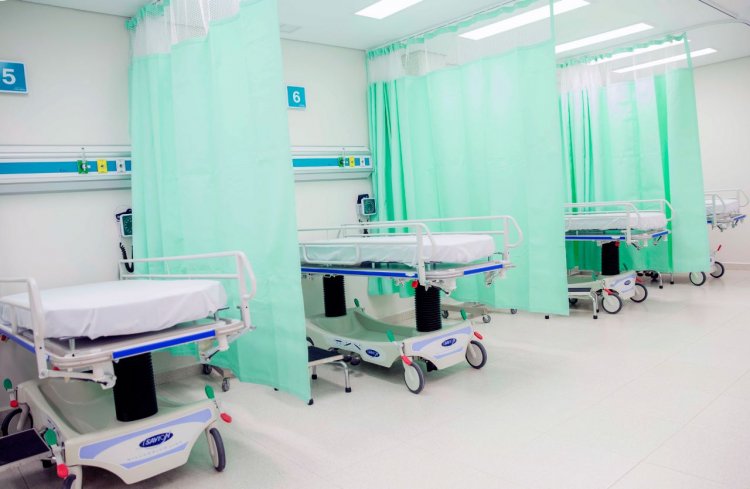Forced Hospitalisation and Drugging of Children with Developmental Disabilities

25-11-2022
Jasmine Velasquez
East Asia and Human Rights Researcher
Global Human Rights Defence
On the 24th of November, the South Korean National Human Rights Commission (NHRC) judged that the act of admitting a child with severe developmental disability to a mental health institution without proper procedures is an act of abuse that infringes on physical freedom (Kim, 2022). This was in response to a case from earlier in May, where the Gyeonggi Provincial Disabled Persons Rights Protection Agency filed a complaint to the Human Rights Commission saying that a disabled 10-year-old child living in a child welfare facility, was forcibly hospitalized and neglected in a mental hospital (Kim, 2022).
The NHRC investigation found that the anaemia levels of the victims were significantly lower than normal, and they showed symptoms of drug side effects, such as being drowsy or drooling all day. In addition, 12 out of 66 patients classified as 'volunteered or consented' were unaware of their hospitalization type, and 15 were treated as voluntary hospitalization even though they could not communicate (Cho, 2022).
The Convention on the Rights of Persons with Disabilities, which South Korea ratified in 2008 (Ratification Status By Country), aims to “promote and protect the human rights of all persons with disabilities, including those who require more intensive support.” Particularly under Article 7, the rights of children with disabilities are specified, outlining that States must “take all necessary measures to ensure the full enjoyment by children with disabilities of all human rights and fundamental freedoms on an equal basis with other children.” Thus, it can be determined that the above case is a violation of international human rights law.
In moving forward, the NHRC recommended the Minister of Health and Welfare improve the law to prevent the reoccurrence of such as case (Lee, 2022). In addition, it was recommended that the Facility Guardianship Act be revised and that a full-scale investigation be conducted into the general taking of psychiatric drugs by children with disabilities in children's joint homes (Kim, 2022).
Sources and further reading:
Cho S, “인권위, 장애아 강제입원·약물투여 그룹홈에 시정권고” (아시아경제 November 23, 2022) <https://cm.asiae.co.kr/article/2022112313141768981> accessed November 25, 2022
Kim S, “인권위, 장애아 강제입원·약물투여한 정신병원 등에 시정권고” (세계일보 November 24, 2022) <https://www-segye-com.translate.goog/newsView/20221124519975?OutUrl=naver&_x_tr_sl=ko&_x_tr_tl=en&_x_tr_hl=en&_x_tr_pto=wapp> accessed November 25, 2022
Lee S, “장애아 강제입원·약물투여 그룹홈에 시정권고” (연합뉴스 November 23, 2022) <https://www.yna.co.kr/view/AKR20221123061200004?section=news> accessed November 25, 2022
“Ratification Status by Country” (United Nations Human Rights Treaty Body Database) <https://tbinternet.ohchr.org/_layouts/15/TreatyBodyExternal/Treaty.aspx?CountryID=141&Lang=EN> accessed November 8, 2022

































